Imagine this: you’re in Port Harcourt (or Lagos, or Abuja), scrolling through job sites, and you see a German company posting: “Skilled Worker Wanted Experience Enough, Degree Recognized, Visa Help Available.” Your mind races: Could this be my ticket?
If you’re searching “Germany work visa ” or “Germany visa sponsorship for Nigerians”, yes that kind of opportunity is increasingly real. Germany has updated its rules in recent years to open up more to non‑EU skilled workers, including Nigerians, thanks to labour shortages in many sectors.
This post will guide you through what’s possible, what’s required, and how to position yourself so others will pick you.
What’s New: Germany Opening More Doors
Several recent policy changes are especially relevant:
📌 Read More
- Skilled Worker Immigration Law (Fachkräfteeinwanderungsgesetz) has been expanded, meaning more Nigerians can qualify if they have recognized qualifications, some German language ability, or readiness to look for work inside Germany.
- The Opportunity Card (Chancenkarte) was introduced (since ~June 2024) to allow people from third countries (non‑EU) to come to Germany to look for work even without a job offer at entry, for up to one year. If you find a job, you can convert to a residence/work permit.
- The requirements have eased in certain areas: non‑degree holders with relevant vocational training or recognized foreign certificates are increasingly being considered; in‑demand jobs like healthcare, construction/trades, IT, and logistics have priority.
So compared to 5 years ago, “Germany skilled immigration law Nigeria” is much more friendly.
What are the Job Opportunities for Nigerians in Germany?
If you are wondering “job opportunities in Germany for Nigerians” or “German labor demand for Nigerians”, here are key sectors and roles:
- Healthcare: Nurses, elderly care workers, caregivers. Germany has a large aging population and high demand in these areas.
- Trades / Vocational Jobs: Electricians, plumbers, construction workers, skilled labour in manufacturing. Vocational/technical training from Nigeria that is recognized helps.
- IT / Software / Tech: Software engineers, IT specialists, especially if you have skills in demand. Germany is digitizing and many tech firms need talent.
- Logistics and Warehousing: Jobs in supply chain, warehousing, transportation. These may have lower entry requirements of formal degrees but need experience.
- Hospitality / Hospitality services: In some cities, roles in hotels, catering; though some require knowledge of German or at least local language.
Visa & Permit Pathways: What Nigerians Must Know
To work legally in Germany, you’ll need the correct visa or residence permit. Key pathways include:
Skilled Worker Permit
If you already have :
- A recognized foreign degree or vocational qualification;
- A job offer in Germany that corresponds to your qualification;
- For regulated professions (e.g. healthcare), proof that your qualification is recognized;
- Sometimes basic German language skills depending on the job.
You may apply for a residence permit for skilled workers. The German mission abroad (embassy/consulate for Nigeria) plus the Federal Employment Agency need to approve the employment conditions.
Opportunity Card (Chancenkarte)
This is a newer, flexible way for Nigerians to enter Germany first, then seek work while there. Key features:
📰 Similar Posts
- Valid for up to 12 months during which you can search for qualified employment.
- You must demonstrate recognized professional qualification or vocational training (including 2 years of recognized training) or higher degree.
- Language requirement: either basic German (A1), or good English (depending on the situation).
- Proof of sufficient funds to support yourself during this period (example: ~€1,027/month as of some sources) or a blocked account or equivalent.
- While looking, you can do part‑time work (up to 20 hours/week) and trial jobs for short periods to get experience.
Blue Card EU
If you have higher education and a job offer that meets salary thresholds, the EU Blue Card could be an option. It gives better mobility, and often more favourable conditions for family reunification and permanent settlement. However, you must meet the salary and qualification thresholds. It is more applicable for highly skilled professionals. (This overlaps with some skilled worker visa paths.)
Job Seekers Visa (where applicable)
Germany offers a job‑seeker visa for people with recognized qualifications so you can enter Germany first to search for jobs. It requires proof of sufficient funds, qualification recognition, and health insurance. Once you have an offer, you switch to a proper work/residence permit.
What Requirements Must Nigerians Fulfill?
If you are aiming for any of these visa/permit paths, ensure you meet the following:
- Valid Nigerian international passport.
- Recognised foreign qualification / degree / vocational training. Use German recognition mechanisms (e.g. assessor through Anerkennung ‒ Germany’s recognition authority).
- Language skills: At least basic German (A1 or A2) in many cases; or strong English in others depending on job.
- Proof you can support yourself (blocked account, bank statements, etc.) for the period of job seeking visa or Opportunity Card.
- Job offer (for skilled work visa / Blue Card), or meet criteria for job‑seekers / Opportunity Card if no offer yet.
- Recognized health insurance, sometimes proof of lodging / accommodation.
Pros & Challenges: What to Consider
Advantages:
- Germany has a high demand for skilled and semi‑skilled workers; particularly in healthcare, trade, engineering, tech.
- Strong worker protections, good standard of living, social benefits.
- Pathways to permanent residency once you’ve worked for some years.
- Opportunity Card is giving Nigerians more flexibility to enter first and find work.
Challenges:
- Language can be barrier; German proficiency helps greatly, especially outside tech or English‑friendly sectors.
- Recognising foreign qualifications can be lengthy and sometimes complex.
- Cost of living, especially in big cities, can be high (housing, insurance, etc.).
- Visa processing times, document demands can be strict.
What You Should Do: Action Steps for Nigerians Interested in Working in Germany
Here are practical steps you can take right now to increase chances:
1. Check your qualifications and see if they are recognized in Germany (use Anerkennung database / Make‑It‑in‑Germany website).
2. Improve your language skills: even basic German (A1/A2) can help; English proficiency helps too for some roles.
3. Decide your route: whether you already have a job offer (skilled worker permit / Blue Card) or you’ll go via Opportunity Card or job seeker visa.
4. Save up sufficient funds: to meet financial proofs, blocked account, insurance, etc.
5. Search for job opportunities: target roles in sectors Germany needs (healthcare, trades, tech). Use portals like Make It in Germany, LinkedIn, German recruitment agencies.
6. Prepare documents: degree certificates, transcripts, maybe translations, experience letters, CV in German/European format.
7. Apply for visa or Opportunity Card via the German embassy / consulate in Nigeria when you are ready. Ensure you meet the document list and show proof of eligibility.
8. Network: find Nigerians who’ve done it, diaspora forums, online communities; sometimes referrals help.
Sample Case
Let’s say you’re Nkechi, 27, with a 4‑year degree in Nursing, 3 years hospital experience, and you speak English, plus you’ve started learning basic German (A1).
What could you do?
- Check if your nursing qualification is recognized in Germany.
- Apply for a job offer in Germany in a hospital or care facility (many advertise for foreign nurses).
- If you get the offer, apply for the Skilled Worker permit or Blue Card if salary qualifies.
- If no offer yet, apply for the Opportunity Card; move to Germany (or wait for visa) and look for roles while supported by this permit.
With work, after some time, you may be eligible for permanent residency.
Conclusion: What’s Your Next Move?
Working in Germany as a Nigerian is becoming more possible, more flexible, and more realistic than ever. You now know about:
- The work visa Germany Nigeria options, including the Opportunity Card and Skilled Worker permit.
- What job opportunities in Germany for Nigerians are currently most accessible.
- What the Germany work permit requirements Nigeria are.
- How to position yourself to succeed.
If you want help say, checking if your qualification will be recognized, seeing which job roles match you, or reviewing your visa application, we can guide you. Contact us for further enquiries and let’s work together to turn this opportunity into your reality.
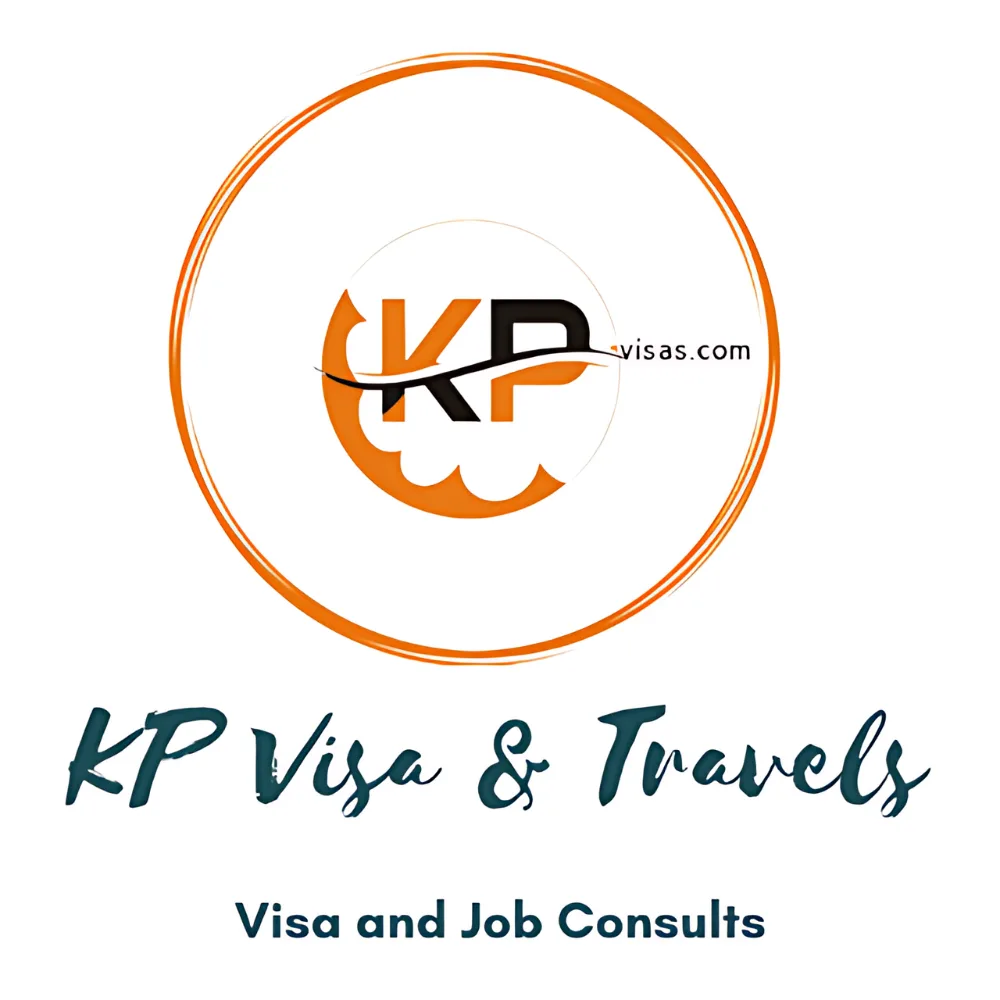
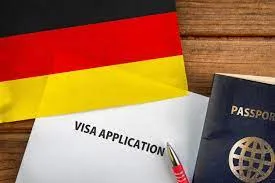

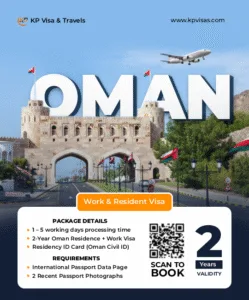
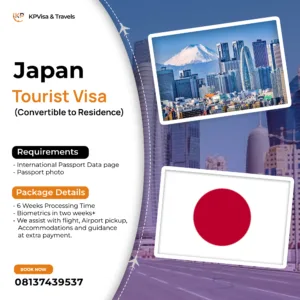
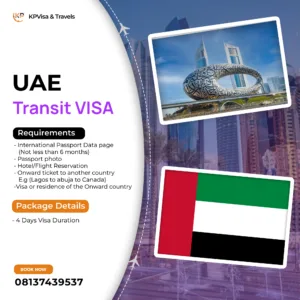
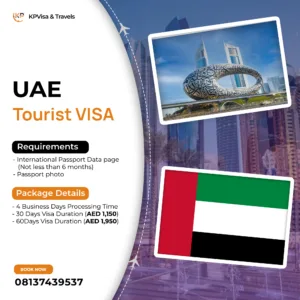
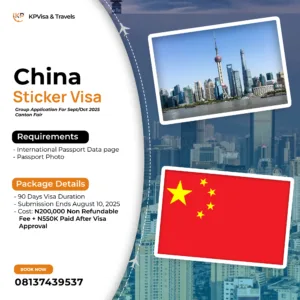
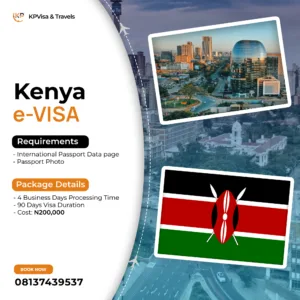
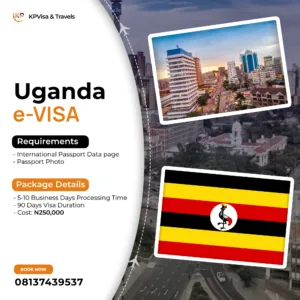
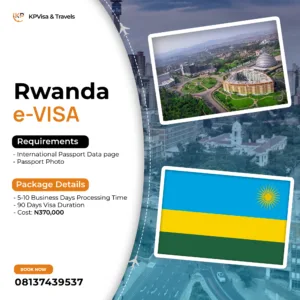

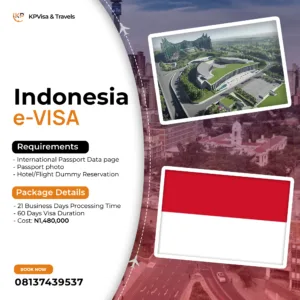

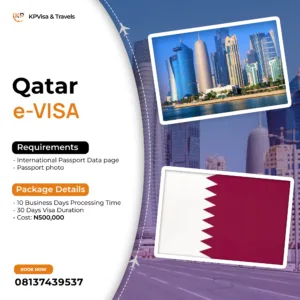






















No responses yet